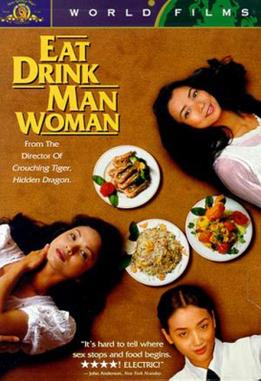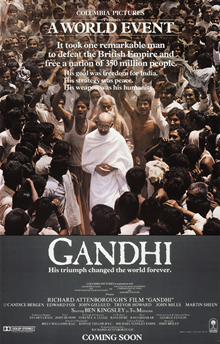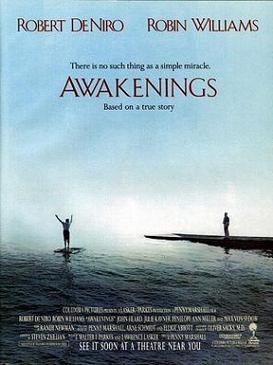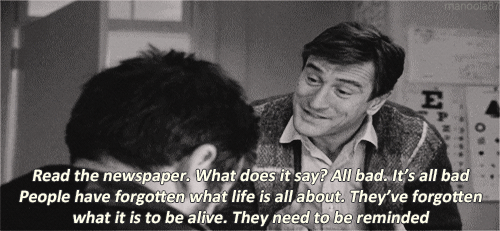| The Musical |
Strictly Ballroom tells the story of an Australian ballroom dancer, Scott Hastings, and his struggle to establish his personal style of dance on his way to win the Pan-Pacific Grand Prix Dancing Championship. Scott's steps are not strictly ballroom. Scott comes from a family with a history of ballroom dancing and has been training since childhood. Scott's mother Shirley teaches ballroom dancing, and his father Doug meekly handles maintenance chores at the dance studio. After losing a competition to a rival pair, because Scott started dancing his own steps, his dancing partner Liz Holt leaves him for the rival male, Ken Railings, after his partner Pam Short breaks both her legs in a car accident. With only weeks before the next Pan-Pacific competition, try-outs begin to find Scott a new dance partner but, unknown to his parents, Scott secretly begins rehearsing with frumpy outsider Fran, a beginner dancer at his parents' studio. Scott is initially skeptical, but when Fran introduces 'pasodoble' steps into their routine, Scott realizes her potential. He walks her home one night and finds her Spanish family living in a tiny home next to the railway tracks, where Fran's family show him the authentic Spanish pasodoble style. As their rehearsals progress, Fran grows more attractive and self-confident. A few days before the Pan-Pacifics, Fran's family decide they are ready to dance pasodoble. Scott and Fran are walking together and talking until they kiss. When Scott returns to the dance studio, he finds Barry Fife, the conniving president of the Australian Dancing Federation who proceeds to tell him "the truth" about his parents, Doug and Shirley — they too were ballroom dancing champions, especially his father, until they lost the Pan-Pacific Grand Prix because of Doug's self-obsession and unorthodox dance steps. According to Barry losing the contest left Doug a broken man, sustained by the hope that one day his son would learn from his father's mistakes and win the Grand Prix. Scott is convinced to dance with Liz instead of Fran so he can win "for his father's sake". However, this is later revealed as a lie, as a part of Barry's plot to fix the competition so Scott and Liz will lose. Meanwhile, Scott starts training with Liz, while a heart-broken Fran goes back to the beginners' class. At the Pan-Pacific Grand Prix, Scott's friend Wayne Burns and his partner Vanessa Cronin overhear Fife talking to Ken and his partner Tina Sparkle saying that they will win no matter what. Wayne tells Les Kendall (Scott's coach, Doug and Shirley's friend and one of the judges) who then confronts Fife about it. Meanwhile, Doug finally manages to pull Scott aside and tells him the real story — Doug never danced at the competition because Barry convinced Shirley the only way to win was to dance the conventional steps with Les, but Shirley and Les lost the contest anyway. After hearing his father's revelation, Scott finds Fran and asks her to dance with him. Fife tries to cut the music and stop them from dancing but Scott's sister Kylie and her partner Luke (from the children's division) interfere until Fife's loyal companion Charm Leachman cuts the music. Fife then disqualifies them, but Doug, along with Fran's family, claps out a beat which encourages Scott and Fran to "dance from the heart", drawing cheers from the crowd and tears of joy from Doug. Finally, Liz, having had a change of heart, turns on Barry and Leachman and restores the music. The couple's spirited dancing brings down the house. Doug asks Shirley to dance with him and the whole audience joins them on the floor. As the performance finishes, Scott and Fran kiss, the competition forgotten, as it was never about winning or losing.
Analysis & Reflection :
"A life lived in fear is a life half-lived". Fran's family motto indicates the main theme in the movie, which is fear. In the movie, many of the characters have encountered fear in their lives, for example, Scott's mother, Shirley. Shirley was afraid of losing the Pan Pacific Grand Prix in her time by dancing with her husband, Doug, who insisted they dance unconventional moves, so she ended up dancing with Les; a decision that was influenced by Barry Fife. They lost the competition anyway, and was therefore very scared when Scott wanted to dance unconventional moves as well. The conniving villain in this movie, Barry Fife, despite his manipulative and intimidating exterior, also lived in constant fear. He was a popular dancing coach and teacher in the movie and when Doug and Scott both chose to dance unconventional moves, he (Barry) tried to stop it, going so far as to try to disqualify Scott from dancing his unconventional moves. This was because he intended to maintain the status quo and only taught strictly ballroom techniques of dancing. As he mentioned in the movie, if people had it in their heads that they could create their own dance moves like Scott did, there would be no more dance teachers around, and that would put him out of a job, or at the very least lower his status quo and significance in society.
| OMG. Out of a job? |
In addition to that, other recurring themes in this movie from a psychological perspective include conformity, compliance, and obedience. Firstly, conformity was seen in the form of every other dancer at the competition, for example, Liz Holt and Wayne Burns. They all were appalled at the idea of Scott trying new dance moves, and conformed to the general consensus in their dancing community that dancing ballroom only was the only acceptable option.
| Yuck to those new dance moves. |
Secondly, compliance was seen in the form of a deal made between Wayne and Barry Fife, where Wayne was to try and convince Scott to dance strictly ballroom and Barry was to help show Wayne a hidden technique for his bogo pogo dance. Liz was also portrayed as being compliant in the first competition at the start of the movie, following Scott's lead, where they lost the competition due to Scott dancing his unconventional moves.
 |
| Disclaimer : This is not about rape |
Lastly, obedience was seen in the form of all dancers, following the rules of the competitions set forth by Barry Fife, the president of the Australian Dancing Federation, with the exception of Scott and Fran. On the contrary, the latter two are more involved with disobedience, with Fran sneaking out and going to the competition anyway, going against her father's orders, and Scott rebelling throughout the whole movie, with his dream of dancing his new moves.
| Warning : Rebelling can do this to you |
 |
| Beginner Dancer |
| They will never find us up here |
Conclusion :
This movie is a good mix of comedy, emotional moments, and good looking individuals, so I would highly recommend watching it. The whole concept of going against social norms to achieve one's dreams might be a cliche' in movies in this day and age, but back then when this movie was released, it was a unique piece of animation. The movie would also really appeal to those who love dance, romantic flicks, or have had experiences in their teenage years rebelling against parents and society on the path of achieving their own dreams. "A life lived in fear is a life half-lived" indeed. This movie teaches us that we only have one life to live, so live it well :)
| YOLOOOOO |
Rating : 7/10
 |
| The best moves are the ones you make on your own |

















